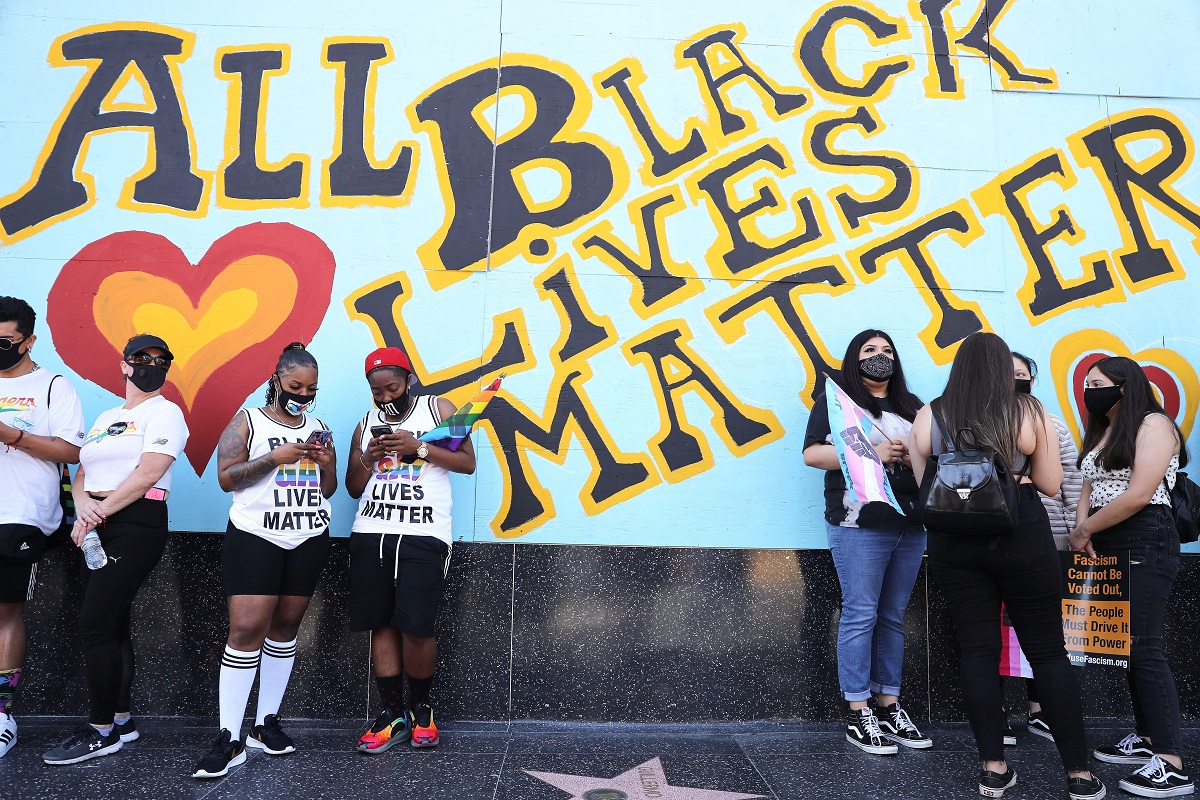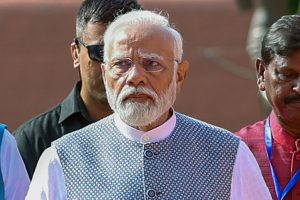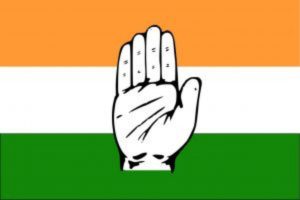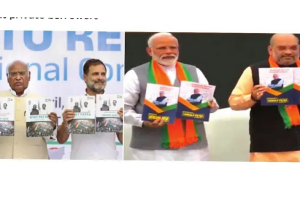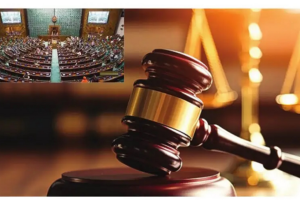The aftermath of any tragedy is followed by condolence messages by a set of people, one that is soon derided and counterposited by another set of people for its ostensible hypocrisy, ignorance or some other pejorative context. The same pattern ensues following the death or killing of any person that acquires a politico- religious dimension, the death of an African American in the United States, the apparent suicide by a movie star, to just about any incident, anywhere.
The nation seems to be in a permanent state of being ‘competitively- outraged’ at others, and therefore perennially bitter and polarised in general. All of this is conducted via the diversionary and argument-derailing technique adopted by assorted politicos, party spokespersons, loyal cadres to aggressively partisan people who partake the aggressive concept of whataboutery.
A rote and tired style of counterarguing that starts with the line ‘but what about when….’, basically auto-referencing another incident of the same construct of similar tragic circumstances, albeit, supposedly ignored by the other side. People who indulge in whataboutery do not appreciate the specificity of the initial outrage ~ either they think it is too narrow and ignores the larger narrative e.g. ‘black lives matter’ versus ‘all lives matter’, or more likely, they think the outrage perpetuates a certain slant of partisanship, elitism or sheer ignorance.
In the era of the social media and limited attentionspan of the wider audience, the tenor of whataboutery is immediate, cuttingly-sharp and meant to be offensive. Not only does it attempt to diminish the poignancy of the moment as defined by the tragic incident and espoused by the initially outraged, but the coercive and accusative tone often taints the alternative incident postulated by the whataboutery, irrespective of the merits of the latter case.
The phraseology is not meant to enlighten others of similar incidents that genuinely merit equal or more empathy and support. Instead, it is meant to shame the others into publicly highlighting the limitations of their beliefs, priorities and concerns. This method of argument presupposes many things about the accused; foremost, amongst them is the fact that everyone is given to the same world of existence, instincts and preferences, therefore everyone ought to be universally sensitive and aligned in outrage.
In a world of extreme diversities, that is never the case, and given the vividness of our cultural, professional and socio-economic conditions, the impulses are bound to be different. The natural impulses and primary concerns of a youth in Nagaland, a subsistence farmer in Bundelkhand to an investment banker in South Mumbai will all be different, not necessarily wrong or misplaced, but simply different.
The societal wounds perceived by a North Easterner, the sheer dependence on the moneylender for the farmer, or the state of macro economy for the banker will not make as much sense to the others. No concern is irrelevant, just the priorities of livelihood with dignity, differ. A society that discriminates will one day seep into the macro-economic framework of the banker, and the health of macro-economic condition will impact the farm loan rates, just as the youth in Nagaland will need the farmers to produce plentiful and affordable food ~ all concerns are inter-related and yet the individual priorities can differ.
Therefore, the global protest of ‘black lives matter’ may not be relevant in the specific sense, but when viewed as an outrage against the ‘politically-discriminated’, it resonates globally. Indeed ‘all lives matter’ but the gut-wrenching diminution of the African American reality, especially as personified by the George Floyd incident, if left unspecified and generalized as ‘all lives matter’, inadvertently glosses over the larger undertones of racism.
The most dangerous whataboutery is the political vitriol that remains combative, evasive and regressive in the sense that no lessons are ever learnt, and only accusations abound. The answer to difficult questions to the powers-that-be is not satisfactorily addressed when countered with a set of similar misdemeanours from the past, even if true. Often the spokespersons counter with the most deflective line ‘You are not entitled to ask this question, as you yourself…’ or an even more theatrical, ‘those who live in glass houses…’ Resorting to whataboutery is tantamount to a virtual admission of guilt, lack of reasonable argument or rubbishing the ‘concerns’ ~ in all ways, the question remains unanswered, and the society, poorer for it.
The underlying spirit of whataboutery was at play in ridiculing those who did not conform to a certain partisan outlook under the tag of ‘award-wapsi gang’, as in one sweep, a completely democratic, peaceful and selfless act of personal renunciation was afforded an anti-national import, onto to those who had once brought glory to the nation. In calling out the supposed ‘selective bias’ of a certain argument, the practitioners of whataboutery rarely add to the nuance, balance or widen the debate for the overall betterment and enlightenment of the society.
Instead, they themselves could fall prey to an equally partisan slant, that they had themselves accused the others for expressing ‘selective bias’ in outrage. A certain smallness of spirit is at play in whataboutery as it is not in consonance with the evolutionary process of intellectual debate, argument and rationality. The illiberal and authoritarian tone accompanying whataboutery almost demands a conformity on matters of personal belief, urgencies and faiths as even the outrage is expected to be conform to the dominant strain.
Actually, it is always beneficial for society to be enlightened of similarly outrageous incidents, facts and narratives that people could genuinely be unaware of, however, the tone and expression accompanying such an intent is very different from the one deployed under whataboutery. Even if people do indeed harbour a ‘selective bias’ in expressing outrage, the onus on ensuring a more holistic, contextual and transformational understanding lies not in whataboutery, but in the civil discourse and dissemination of the alternative/additional information that does not reflect the uncivilised pettiness of whataboutery. In a way, whataboutery also reflects the boorishness, lack of answers, failures and frustrations of those, who practise it.
(The writer IS Lt Gen PVSM, AVSM (Retd), Former Lt Governor of Andaman & Nicobar Islands & Puducherry)

